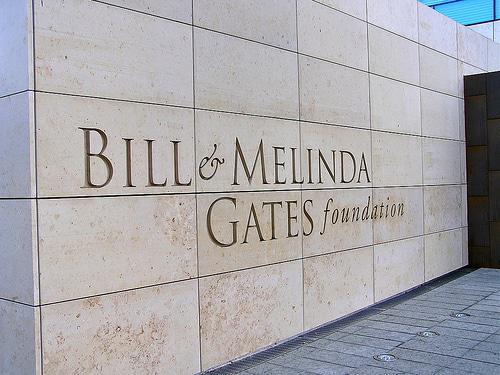Abortion is a human and reproductive right
It is crucial that women, especially those living in less developed parts of the world such as Sub-Saharan Africa, have access to termination of pregnancy (TOP) services, according to Dr Helen Rees of the Reproductive Health Research Unit at Chris Hani Barangwanath Hospital.
This makes an Act such as the Choice on Termination of Pregnancy (TOP) a crucial tool in offering women, young and old, the choice of aborting the fetus rather than pushing ahead with an unwanted pregnancy that could lead to much pain, trauma and as born out by statistics, death.
Addressing Parliament’s health committee at the national oversight hearings into the implementation of the Choice on Termination of Pregnancy Act, Rees said that contraception remained one of the best tools to contain maternal mortality, but that the fact remained that many women died from complications of unsafe abortions each year.
Rees said that the Act had already had a major effect on mortality with over 90% of incomplete abortion cases admitted to public hospitals in 2000 showing no signs of infection on admission, compared to 79% in 1994.
“This fact will lead to an improvement in terms of mortality and morbidity,” Rees said.
She said there was also a marked decrease in women presenting with genital injuries or foreign bodies.
Rees said she believed the number of women accessing abortions was increasing, as women were now able to access the right to a safe abortion.
Highlighting the link between violence against women, HIV/AIDS and the need for a TOP service, Rees said studies in Sub-Saharan Africa showed that for many girls their first sexual experience was often forced.
A study done in Cape Town revealed that of the girls interviewed, 30% reported that their first intercourse had been forced, 11% reported being raped and 75% thought their boyfriends would beat them should they refuse to have sex.
“Girls between the ages of 15 and 19 are also the peak group in terms of HIV/AIDS. This shows that the matter before us is not just a question of a right to have an abortion, but the right that protects you against violence and HIV.”
Other presenters pointed out that although there were major hurdles in terms of women accessing TOP services in the less resourced provinces, there had been a notable decrease in septic or unsafe abortions.
“The health system is failing and harming women if they are denied access,” said Dr Ames Dhai of the Nelson R Mandela Medical School at Natal University.
She said a high number of health workers were blocking access to TOP because of conscientious objections and that their colleagues threatened those who were providing the service in some instances.
“A small number of health workers are prepared to perform TOPs,” Dhai said.
But Elizabeth Serobe, a midwife at Chris Hani Baragwanath Hospital who has been providing TOP since its implementation five years ago, told the committee that she was dedicated to save women from losing their lives and be able to exercise their reproductive right. “I want to emphasise that we are saving lives.”
One case that has stuck in Serobe’s mind was a young girl who had shot herself in the abdomen to get rid of the unwanted pregnancy. “They came with coat hangers hanging from their cervixes and lost their uteruses from sepsis,” Serobe said.
Author
Republish this article
This work is licensed under a Creative Commons Attribution-NoDerivatives 4.0 International License.
Unless otherwise noted, you can republish our articles for free under a Creative Commons license. Here’s what you need to know:
You have to credit Health-e News. In the byline, we prefer “Author Name, Publication.” At the top of the text of your story, include a line that reads: “This story was originally published by Health-e News.” You must link the word “Health-e News” to the original URL of the story.
You must include all of the links from our story, including our newsletter sign up link.
If you use canonical metadata, please use the Health-e News URL. For more information about canonical metadata, click here.
You can’t edit our material, except to reflect relative changes in time, location and editorial style. (For example, “yesterday” can be changed to “last week”)
You have no rights to sell, license, syndicate, or otherwise represent yourself as the authorized owner of our material to any third parties. This means that you cannot actively publish or submit our work for syndication to third party platforms or apps like Apple News or Google News. Health-e News understands that publishers cannot fully control when certain third parties automatically summarise or crawl content from publishers’ own sites.
You can’t republish our material wholesale, or automatically; you need to select stories to be republished individually.
If you share republished stories on social media, we’d appreciate being tagged in your posts. You can find us on Twitter @HealthENews, Instagram @healthenews, and Facebook Health-e News Service.
You can grab HTML code for our stories easily. Click on the Creative Commons logo on our stories. You’ll find it with the other share buttons.
If you have any other questions, contact info@health-e.org.za.
Abortion is a human and reproductive right
by Anso Thom, Health-e News
May 10, 2002

